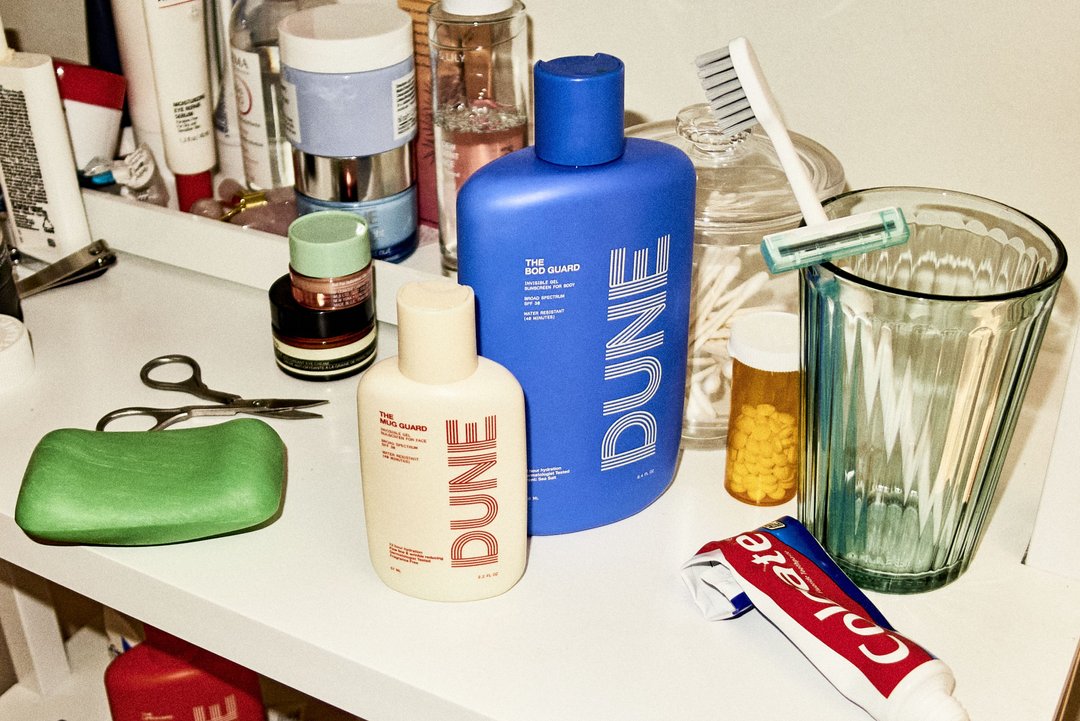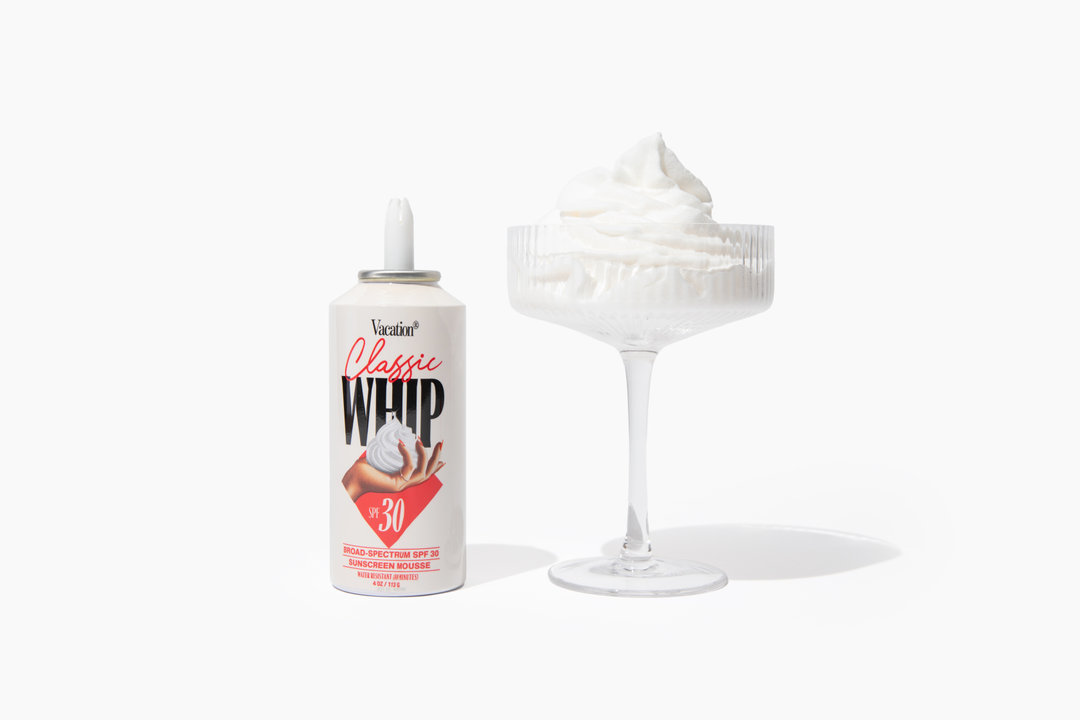Ask the experts: How do I choose between all these sunscreen brands?
The $10 billion sunscreen market is filled with so many brands touting different formulas, ingredients and formats to protect your skin. How can consumers know which to try?

Image credit: Dune Suncare
EXPERT ADVICE
Conventional wisdom says that applying sunscreen should be part of everyone’s daily skincare routine — but with so many brands in this space, how can shoppers make sense of what’s actually best for their skin?
There are plenty of brands in the Thingtesting directory that sell sunscreen, each with their own idea of what makes the perfect formula. Dune boasts an "invisible" gel formula, Bask has gone big on its environmental credentials, and Daybird sells a multitasking tinted moisturizer with SPF and other active ingredients. Experimenting with format is Larkly, which sells an SPF 30 sunscreen powder, which can be brushed onto the skin, while Vacation’s latest, soon-to-be-released sunscreen product looks more like whipped cream than SPF.

Vacation's new Classic Whip SPF 30 (Photo: Thingtesting)
Which sunscreen ingredients are best?
There are two types of sunscreen — chemical and mineral. The former uses chemicals that absorb UV light and convert it into heat, while the latter creates a physical barrier that blocks UV rays from getting to the skin.
In terms of which is better — that’s really down to what you find works best with your skin type. Chemical sunscreens are lighter on the skin, while mineral sunscreens — which contain zinc oxide, often in combination with titanium dioxide — are thicker and have a reputation for leaving a white cast, which can make them unsuitable for darker skin tones. However, Dr. Beth Goldstein, a dermatologist and cofounder of skincare brand Modern Ritual, says that in recent years, “there has been an explosion of mineral based products that blend well, don't plug pores or leave a greasy feel.”
@thingtesting Testing sunscreen bestsellers from @Everyday Humans ☀️ #thingtesting #suncare #sunscreen #sunscreenreview #reviews #everydayhumans #branding #beachessentials #tiktokmademebuyit ♬ original sound - Thingtesting
There are concerns about some sunscreen ingredients. In January 2021, Hawaii banned sales of sunscreens containing oxybenzone and octinoxate because of concerns it could damage ocean life. Bloomberg has also reported that the FDA still needs more data to determine the safety of a number of other sunscreen ingredients, with zinc oxide and titanium dioxide being the only two it has labeled as safe. Still, scientists say no side effects have been found that would outweigh the benefits of wearing sunscreen.
What factor sunscreen should I use?
The sun protection factor — SPF — of a product tells you how good it is at protecting your skin from UVB rays, which cause burning.
“In terms of an SPF number, I would say 30 is fine. I don’t think you need to go to 50,” says Dr. Miriam Adebibe, a surgical doctor and cofounder of aesthetics clinic Victor & Garth, pointing out that while it sounds like there is a big difference between the protection level they provide, in reality there is little in it, with SPF 30 blocking 97% of UVB rays and SPF 50 blocking 98%. “Whatever works for you and means that you’re going to apply it, do it. I couldn’t care less about that percent difference if that’s the thing that works for you.”
Whichever factor you use, you should apply it regularly and in particular after doing anything that might wear it off — like doing exercise or going for a swim. Adebibe says she recommends to her clients that they carry some sunscreen with them at all times, to make this easier.
Do I really need to wear it all year?
“If you are wearing clothing, which I recommend versus slathering sunscreen everywhere, you do not necessarily need to apply sunscreen,” says Goldstein. “We do recommend year-round sun protection to highly exposed areas — face, neck, ears, tops of hands, scalp.”
This is because the sun emits UVB and UVA rays all year around. While it’s easier to notice the effect of the sun on a hot day — when you tan or get burnt — the sun is beaming down on us all year around. About 95% of the UV rays that reach the earth’s surface are UVA rays, which can pierce through windows and clouds, and cause skin aging. Sunscreens that are labeled "broad spectrum" will protect you from both.
How much should a good sunscreen cost?
Price isn’t the best way to figure out if one sunscreen is going to work better than another. Often price is more to do with how a brand wants to position its product in the market, or the work that has gone into making the formula feel nice.
“It’s not that you can’t or shouldn’t use body sunscreen on your face,” says Goldstein. “But chances are it is not as elegant, [and] perhaps thicker or irritating [compared to] what’s made specifically for your face.”
“Generally, I like to look at the chemicals that are actually being used, and then look the companies up to work out what the quality process of their product is,” says Adebibe, although she admits that brands often don’t make this information easy to find.
But ultimately, Adebibe says, one of the most important questions to ask when shopping for sunscreen is: which product am I most likely to actually use?